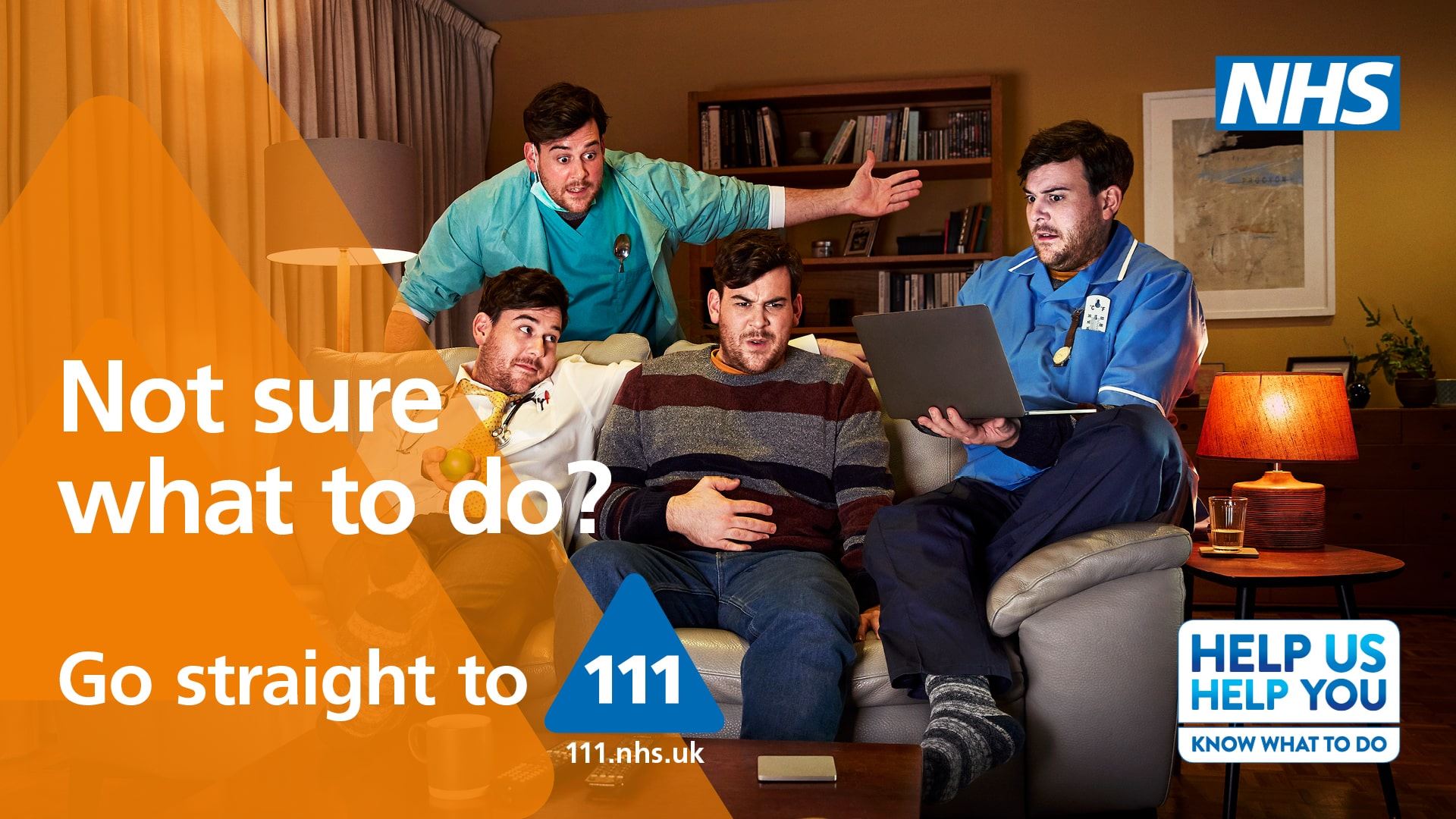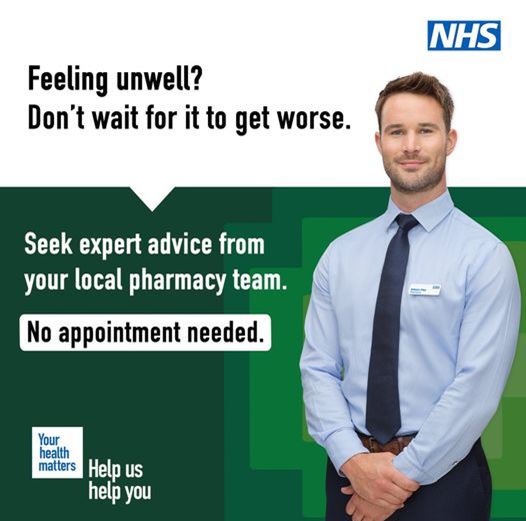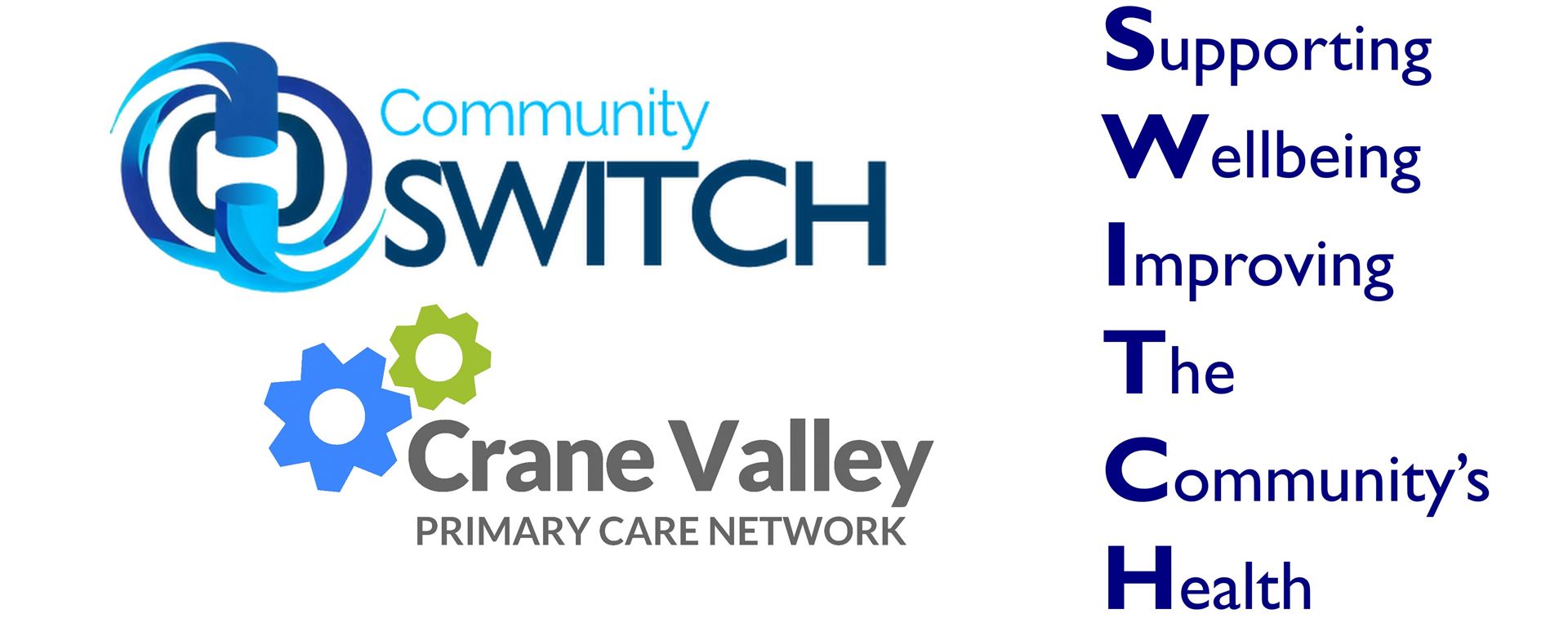Opening Hours
Cranborne Surgery
| Day | Opening hours |
|---|---|
| Tuesday 17 February |
8:30am to 1pm
2pm to 6:30pm
|
| Wednesday 18 February |
8:30am to 1pm
2pm to 5pm
|
| Thursday 19 February |
8:30am to 1pm
2pm to 5pm
|
| Friday 20 February |
8:30am to 1pm
2pm to 5pm
|
| Saturday 21 February | Closed All Day |
| Sunday 22 February | Closed All Day |
| Monday 23 February |
8:30am to 1pm
2pm to 6:30pm
|
Lake Road Surgery
| Day | Opening hours |
|---|---|
| Tuesday 17 February |
8am to 6:30pm
|
| Wednesday 18 February |
8am to 6:30pm
|
| Thursday 19 February |
8am to 6:30pm
|
| Friday 20 February |
8am to 6:30pm
|
| Saturday 21 February | Closed All Day |
| Sunday 22 February | Closed All Day |
| Monday 23 February |
8am to 6:30pm
|
Page last reviewed: 02 January 2026
Page created: 13 April 2023
Page created: 13 April 2023



